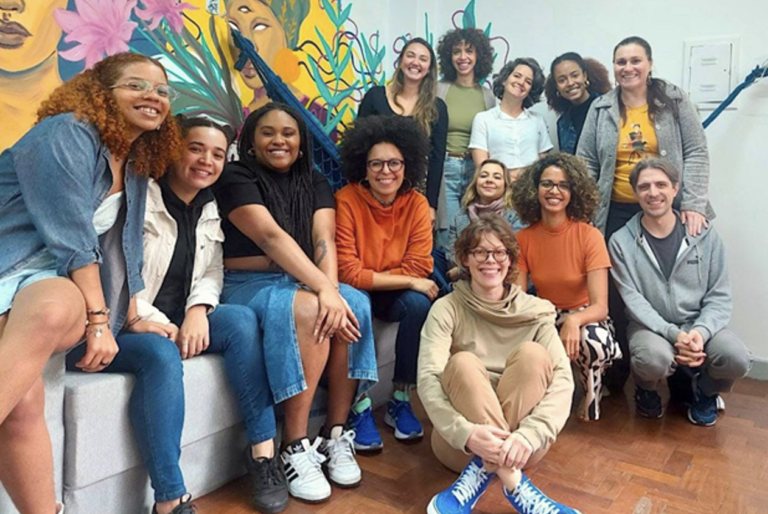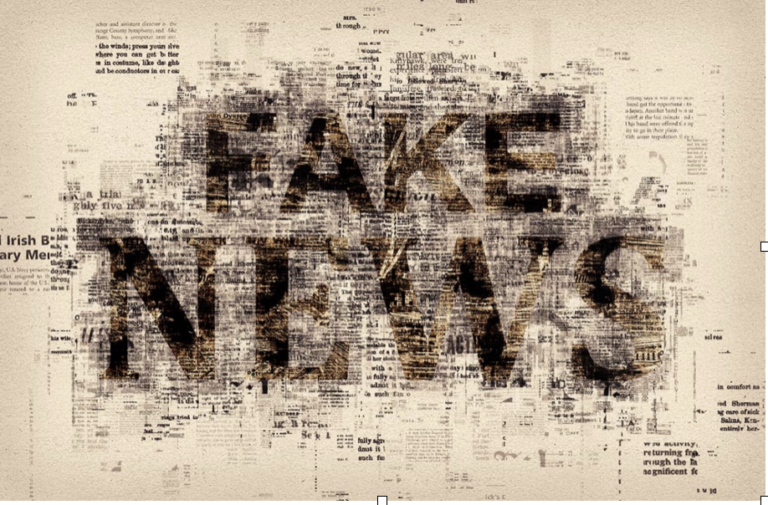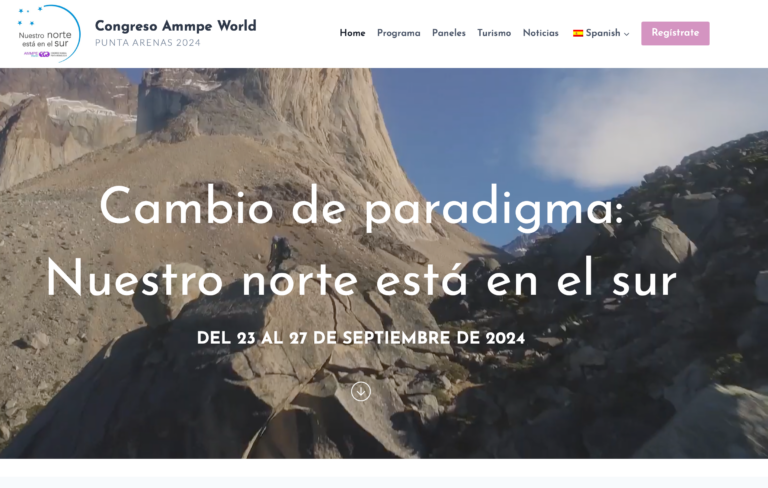People's (dis)trust in doctors can help us understand their (dis)trust in journalists
Source Nieman Lab.
-People were often clear in distinguishing between the health system, which they tended to describe with disdain, and their individual doctor. No equivalent distinction was made in journalism.
By YOUNG EUN MOON , KRISTY ROSCHKE , JACOB L. NELSON and SETH C. LEWIS
Public trust in US institutions has fallen to disconcertingly low levels. Journalists, doctors, scientists and academics, once perceived as professionals with valuable training and skills who had the public's best interests at heart, now tend to be seen as disconnected and politically compromised elites.
The crisis of public trust raises important questions: why has public trust in social institutions fallen so low; what are the variables that determine the extent to which members of the public trust these institutions in the first place? And finally, what steps should social institutions take to repair their relationship with the public?
As journalism scholars interested in understanding how journalists and members of the public think about and interact with each other, these questions have guided our research for years. In our most recent effort to answer them, we conducted a research project focused on understanding how people's distrust of journalism compares to their distrust of another institution facing a similar credibility crisis: health care. The results were published last month in the journal Media & Communication.
While these fields are not normally thought of as having much in common, professionals in each cannot do their jobs without a relationship of trust between them and the people they seek to serve. We surveyed 981 members of the American public and selected 31 individuals who provided a diverse sample of adults in the United States. We then conducted in-depth interviews through Zoom to better understand their thoughts and interactions with journalism and healthcare.





